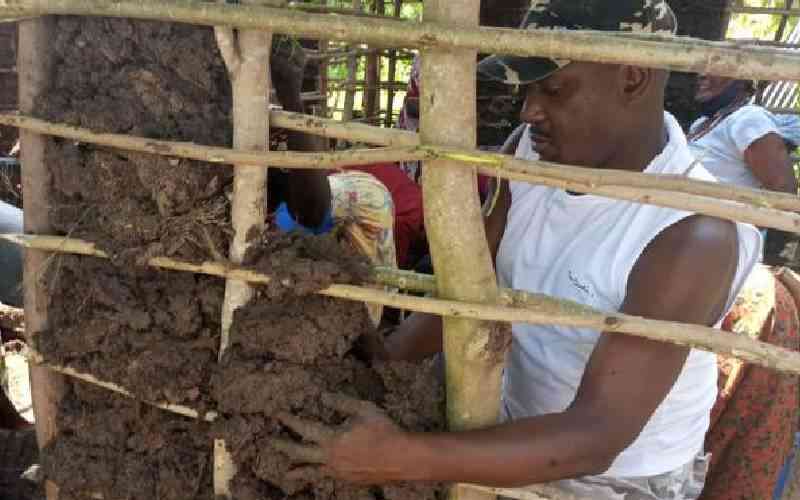×
The Standard e-Paper
Kenya’s Boldest Voice

Rose Otieno, a widow from Memba village West Asembo ward, Rarieda sub-county has no job, no money, no helper and no proper house to stay in.
Her late husband left her in a house, which collapsed immediately.